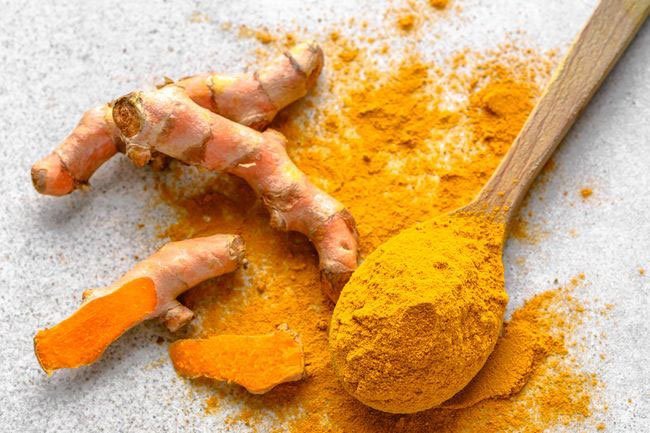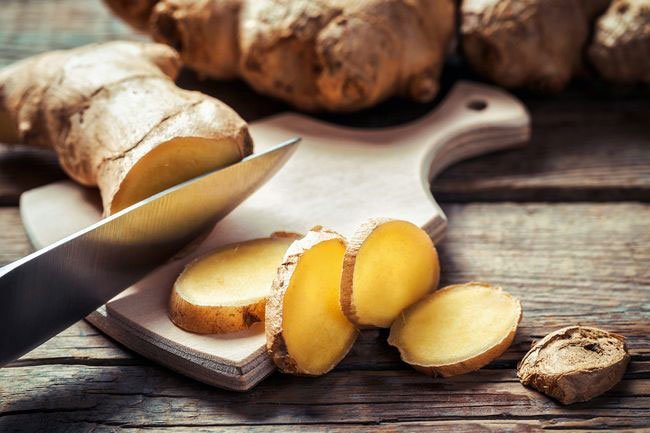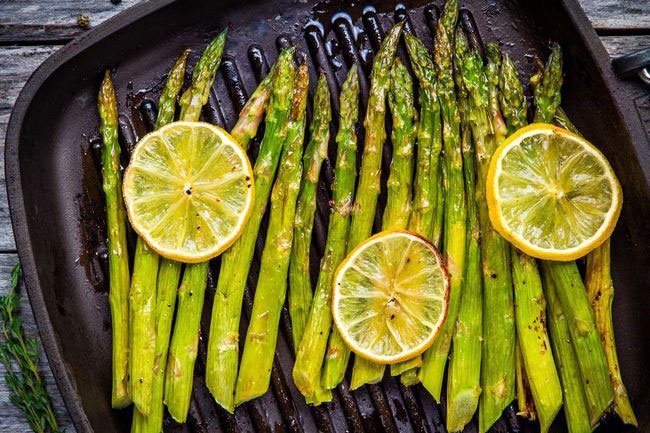Diet and Nutrition: Foods to Help You Ease Bloating
Avocados

These pear-shaped fruits (yep, they're fruits!) are packed with potassium. Your body needs potassium to manage its sodium levels, which in turn controls the amount of water you hang onto. The better that system works, the less bloat you'll have.
Bananas

Bananas deliver a potassium punch. One study showed that women who ate a banana before each meal bloated less than those who didn't. Experts think that's because they deliver certain gut bacteria that help calm gas production in the belly.
Celery

Crunch into some celery for a hydration boost to get your digestion moving. As a bonus, celery also provides certain flavonoids (tiny plant molecules) that reduce inflammation in your body -- including in your gut.
Turmeric

This spice that gives curry its yellow color contains a good bit of the compound curcumin. Studies show curcumin can tame IBS symptoms, easing discomfort, regulating the digestive system, and reducing bloating.
Peppermint

Studies show peppermint capsules can help relax the muscles in your digestive system. This helps push gas through to relieve stomach bloat. Peppermint tea can have the same calming effect.
Ginger

Spicy-tasting ginger gets your gut juices flowing. This aids your digestion and helps your stomach empty faster, which prevents bloating.
Asparagus

Known for making your pee stink, asparagus is a good source of inulin, an insoluble fiber that feeds the good bacteria in your gut and helps keep you regular.
Fennel

This root veggie and its seeds have a compound that relaxes spasms in your GI tract. With fewer spasms, gas can get through your gut more easily so bloat doesn't build.
Tomatoes

A diet that includes tomatoes will load you up on lycopene, an antioxidant that works as an anti-inflammatory all over your body. Tomatoes are also full of potassium, which lowers levels of bloat-causing sodium in your body.
Kefir

Some studies say drinking kefir, a fermented yogurt-like beverage, takes away stomach gas by as much as 70%. Kefir helps break down the sugar in milk that can lead to bloating and pain.
Diet and Nutrition: Foods to Help You Ease Bloating
IMAGES PROVIDED BY:
- kitzcorner / Getty Images
- Westend61 / Getty Images
- Christine Rose Photography / Getty Images
- alicjane / Getty Images
- Chiara Benelli / Getty Images
- ChamilleWhite / Getty Images
- wmaster890 / Getty Images
- vasare / Getty Images
- ninikas / Getty Images
- mescioglu / Getty Images
REFERENCES:
- USDA: "Avocado, raw."
- National Institutes of Health Office of Dietary Supplements: "Potassium."
- Anaerobe: "Effect of banana consumption on faecal microbiota: a randomised, controlled trial."
- Molecular Nutrition & Food Research: "Dietary apigenin reduces LPS-induced expression of miR-155 restoring immune balance during inflammation."
- Cleveland Clinic: "Dehydrated? These 7 Foods Will Satisfy Your Thirst and Hunger."
- Journal of Complementary & Alternative Medicine: "Turmeric extract may improve irritable bowel syndrome symptomology in otherwise healthy adults: a pilot study."
- Food Science & Nutrition: "Ginger in gastrointestinal disorders: A systematic review of clinical trials."
- Experimental and Therapeutic Medicine: "Effect of inulin in the treatment of irritable bowel syndrome with constipation (Review)."
- Biomedical and Pharmacology Journal: "A Systematic Review on Lycopene and its Beneficial Effects."
- Cleveland Clinic: "10 Foods That Are High in Potassium."
- Biomed Research International: "Foeniculum vulgare Mill: A Review of Its Botany, Phytochemistry, Pharmacology, Contemporary Application, and Toxicology."
- Journal of the Academy of Nutrition and Dietetics: "Kefir improves lactose digestion and tolerance in adults with lactose maldigestion."


